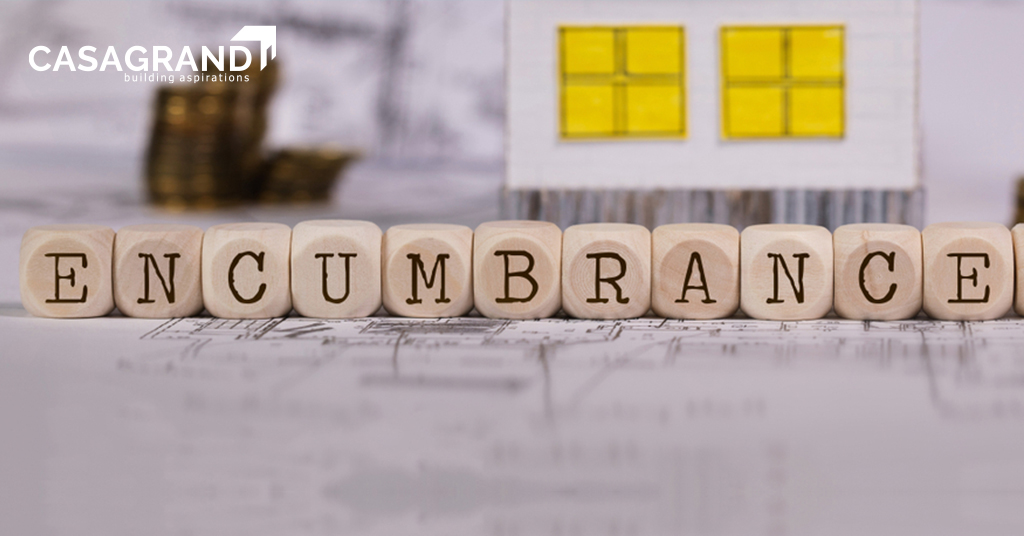So, you’ve signed the gift deed, and everything feels official. But what’s next? It’s easy to think that once you’ve registered for the deed, the job is done. However, the road ahead has a few more legal twists and turns.
Transferring a house, a piece of land, or some other property? Understanding what follows is key to ensuring the process goes smoothly. From ownership transfers to tax considerations, there’s a lot more that goes into it, and we at Casagrand are here to help you. This blog covers all aspects of gift deed property transfers, including taxation, ownership updates, and legal safeguards.
What is a Gift Deed, and How Does It Work?
Before understanding the post-registration process, it’s essential to know what a gift deed is and how it works. A gift deed is a legally recognised document that allows a property owner (donor) to transfer their property to another person (donee) without financial compensation.
To ensure its validity, the gift deed must be:
- Executed Voluntarily: It must be free from coercion or fraud.
- Accepted by the Donee: The recipient must accept the property during the donor’s lifetime.
- Registered: As per the gift deed rules outlined in the Indian Registration Act of 1908, registration is mandatory.
Key Elements of a Gift Deed Format
A standard gift deed format includes the following:
- Details of the donor and donee
- Complete property description
- Confirmation that the transfer is voluntary
- A declaration that the gift is irrevocable
- Signatures of both parties and two witnesses
Once registered, the gift deed legally transfers ownership, but additional steps are required to establish full rights over the property.
Legal Formalities After Registering a Gift Deed
After registering a gift deed property, the donee must fulfil certain legal obligations to complete the transfer process. These formalities ensure a hassle-free ownership transfer and prevent future disputes.
- Stamp Duty and Taxation Implications
Once the gift deed is registered, the donee may need to pay stamp duty and comply with taxation laws. The stamp duty varies based on the relationship between the donor and the donee:
| Recipient | Stamp Duty (Tamil Nadu) | Taxation |
| Blood relatives (spouse, children, parents, siblings) | 1% of market value (up to ₹25,000 max) | Tax-exempt |
| Non-relatives | 7% of market value | Taxable under ‘Income from Other Sources’ |
If the recipient is not a blood relative, the gifted property’s market value is added to their taxable income and taxed accordingly.
Example: If a father gifts an apartment to his daughter, there is no income tax liability. However, if a friend gifts a house to another friend, the recipient must pay tax on the property’s value.
- Mutation of Property Records
Mutation refers to updating government records to reflect the new owner’s name. It is necessary for tax payments, legal documentation, and future resale.
Documents required for mutation:
- Registered gift deed format
- Identity proof of the donee
- Latest property tax receipts
- No Objection Certificate (NOC) from legal heirs (if applicable)
Once approved, the municipal authority updates the land or property records.
- Updating Utility Bills and Society Records
To avoid confusion in future ownership claims, the donee must update property-related services like:
- Electricity and water bills
- Property tax account
- Society or apartment records
Failure to update these records can cause complications when reselling or leasing the property.
- Compliance with Legal and Financial Obligations
If the gifted property is rented or leased, the new owner must notify tenants and continue existing rental agreements. Additionally, certain gift deed rules restrict gifting agricultural or ancestral land, requiring legal approval before transfer.
Can a Gift Deed Be Revoked?
Once a gift deed property is registered, it is legally binding and generally irrevocable. However, revocation is possible in specific cases.
A gift deed can be revoked if:
- A revocation clause was included and agreed upon by both parties.
- The transfer was made under fraud, coercion, or undue influence, requiring court intervention.
Example Case: A person gifts a house to a relative but later claims coercion. If proven in court, the gift deed can be revoked.
Common Mistakes to Avoid When Registering a Gift Deed
Many people unknowingly make legal errors after registering a gift deed, which can lead to disputes or financial penalties. Here are the key mistakes to avoid when buying a property in Chennai:
- Not Registering the Gift Deed Properly: An unregistered gift deed holds no legal value and can be challenged in court.
- Ignoring Tax Implications: Non-relatives receiving a gifted property without considering tax liabilities may face unexpected financial burdens.
- Failing to Mutate Property Records: If mutation is not done, the previous owner may still be listed as the official owner, causing issues in resale or inheritance claims.
- Overlooking Legal Restrictions: Certain types of properties, like agricultural land, have restrictions on gifting. Consulting a legal expert before gifting such property is essential.
Gift Deed vs. Will: Which is Better?
Many people confuse gift deeds with wills. Here’s a quick comparison to help you decide:
| Aspect | Gift Deed | Will |
| Takes effect | Immediately | After the donor’s death |
| Revocability | Generally irrevocable | It can be changed anytime |
| Registration | Mandatory | Optional |
| Tax benefits | Available for blood relatives | Not applicable |
If the transfer needs to happen immediately, a gift deed is the best option. However, if the donor wishes to retain control until their death, a will is preferable.
Ensuring a Legally Secure Property Transfer
Registering a gift deed is only the first step in legally transferring property. From tax implications to ownership updates, understanding gift deed rules and legal procedures ensures a seamless transition. If you’re gifting property in Chennai, following the right legal steps will help avoid disputes and safeguard the recipient’s ownership rights.
For hassle-free property transfers, consulting a legal expert is advisable. If you’re looking for a reliable builder, we at Casagrand offer luxury properties with world-class amenities to fulfil all your needs. Ensuring all post-registration formalities are completed will guarantee a legally secure and conflict-free transfer.


















